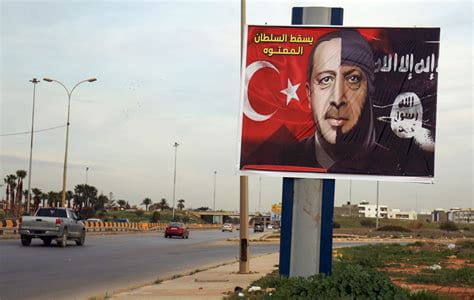Dueling Messages: anti-Turkish Narrative and Counter-narrative in the Libyan War
By Richard Outzen, retired U.S. army officer Experts have come to recognize that international competition in the Internet era includes a continuous struggle to define conflicts and outcomes through messaging on social and mass media. When actors define a situation by publishing messages – data, images, words for framing and…

